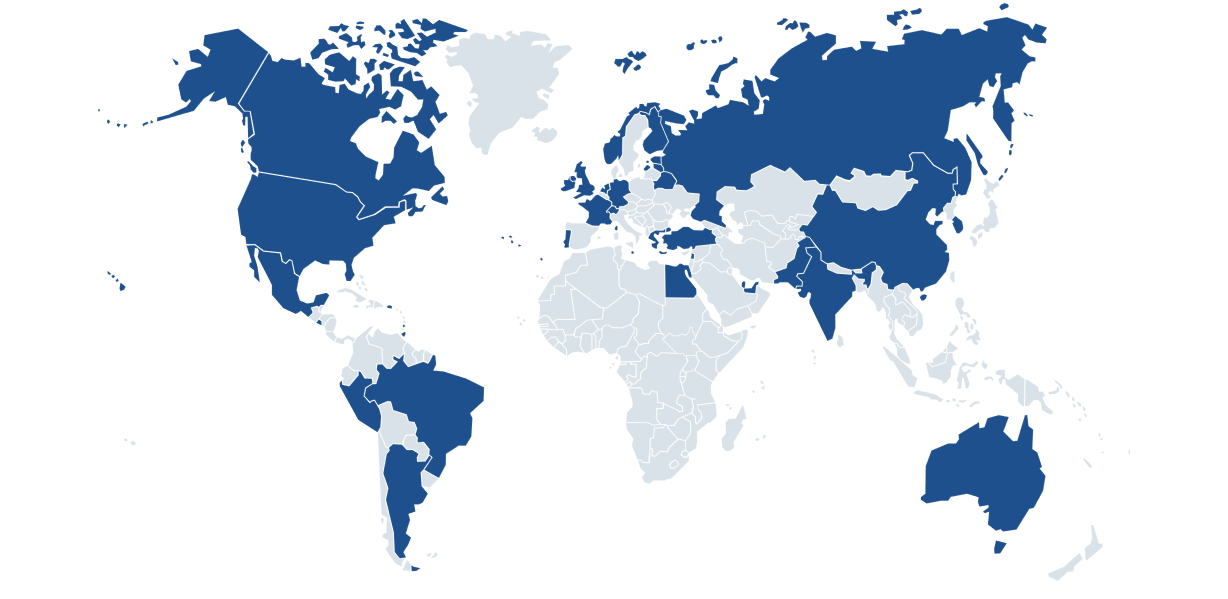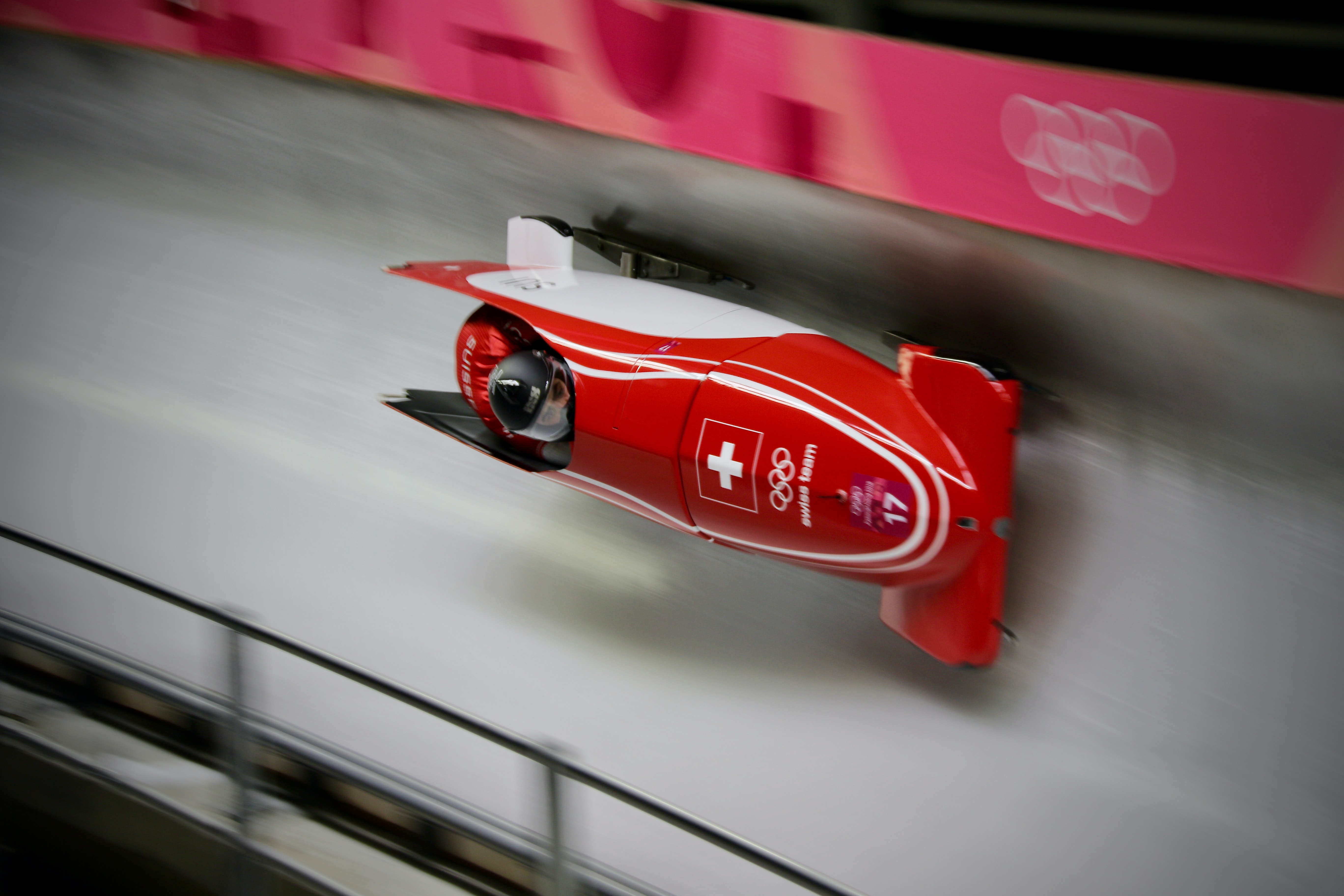What did we learn from UKAD’s 2020 Clean Sport Forum?
UK Anti-Doping’s (UKAD) Clean Sport Forum for 2020 recently took place, with a massive three days of discussion around the new 2021 World Anti-Doping Code.
The free event was online this year, however that didn’t stop people hitting the register button, with more than 385 delegates attending from 36 different countries over the three days. This included athletes, staff from National Governing Bodies (NGBs), other national anti-doping organisations (NADOs) and sports organisations, medical professionals, teams and universities.
This year’s Forum focused on the key changes within the upcoming 2021 World Anti-Doping Code and how the anti-doping landscape will be impacted, and topics that took centre stage included the launch of UKAD’s new Whistleblower Policy, discussions on the issue of recreational drug use in sport and athletes’ rights within anti-doping.
So what did attendees learn? Check out our top three takeaways below…
A consistent, global anti-doping education strategy is critical for clean sport
UKAD’s Head of Education, Paul Moss stressed the importance of the new WADA International Standard of Education, introduced with the 2021 Code.
An athlete’s first experience with anti-doping should always be through education, so they have the knowledge they need to inform their decisions and avoid an unintentional ban from sport.
Paul said: “This new International Standard is a really important step towards ensuring there is consistent delivery globally when it comes to anti-doping education. However, the proof will be in the pudding, through the successful implementation of UKAD’s Education Plan and National Governing Bodies clean sport strategies.”
“A collaborative effort will be required to achieve this, and support will be available to NGBs via UKAD’s Assurance Framework closer to the time it goes live, so they can in turn support their athletes and support personnel.”
Doping thrives on silence – you must speak out if you know something
Professor Sue Backhouse from Leeds Beckett University shared the powerful message that “doping thrives on silence”, and that it’s critical everyone who works in sport or plays sport is equipped with the capability to report doping, is provided with the opportunity and is motivated to do so.
To help those who want to speak out, a new anti-doping rule violation (ADRV) within the 2021 Code aims to protect those wishing to report doping, and UKAD’s new Whistleblower Policy will help individuals understand the process more clearly.
The new Policy sets out the rights and responsibilities of individuals, the protection measures available and the guidance on reporting doping in sport.
If you want to Protect Your Sport, UKAD has a number of confidential and anonymous channels where you can report. It’s important you share your concerns with us, no matter how small they seem.
A lot is changing in 2021 – especially around the length of bans in sport
UKAD’s Head of Case Management, Nisha Dutt shared with attendees the complex process following a failed test, from notification all the way through to the UKAD announcement of an athlete’s ban from sport. She also set out the criteria that will be used by UKAD for determining an approved ‘substance of abuse’ treatment programme. Colin Bland, CEO of Sporting Chance, highlighted the importance that the support provided within such programmes is tailored to the individual.
The 2021 Code introduces further proportionality (the idea that a punishment must relate to how serious the situation is) towards the length of ban time for an anti-doping rule violation. Depending on the nature of the violation, there’s an opportunity within the new Code for a shorter ban to be given to Protected Persons* or Recreational athletes (athletes not considered as being either an International Level or National Level Athlete within the past five years).
On the flip side of this, some bans from sport could increase under the new Code. In certain ‘aggravating circumstances’, such as an athlete using multiple substances that are prohibited in sport, sanctions can be increased by an additional two years.
*A Protected Persons is;
- Athletes under the age of 16
- Athletes under the age of 18 if they aren’t included within a Registered Testing Pool or competed at an International Event
- An athlete who, for reasons other than age, has been determined to lack legal capacity in their decision making
Check out the countries that attended below!


